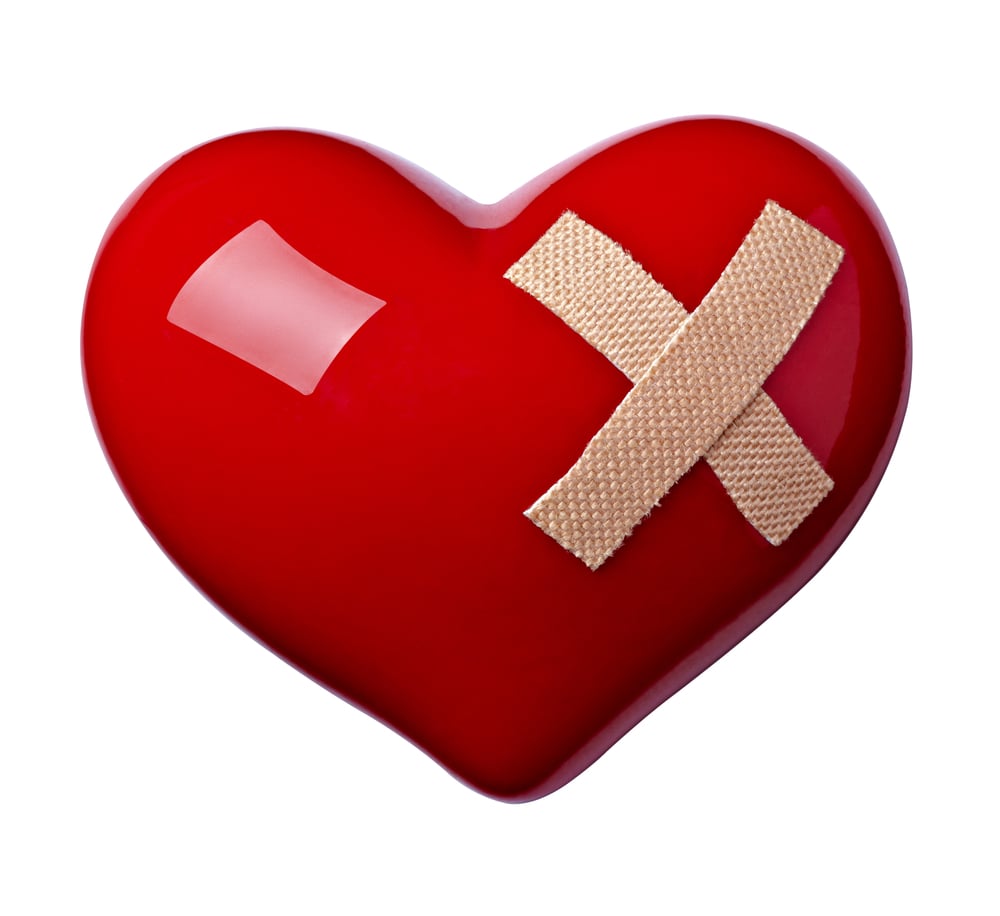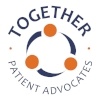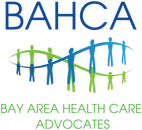
Congenital heart defects (CHD), which affect both the structure and function of the heart, are the most common type of birth defect. Yet prior to the 1950’s, with no way to surgically repair the heart defects, CHD almost always led to an early death.
The development of open-heart surgery in the early 1950’s changed that grim fate for thousands of children. Heart defects were surgically repaired, and the patients set out to live normal lives. By 2010 approximately 1.4 million adults in the U.S. were living with congenital heart defects.
That’s the good news. The bad news is that along with life-saving surgery came the myth that these patients were “fixed.”
The Myth of Being Fixed
In the 1950’s and 1960’s doctors often told their patients they were cured and released from care even though the surgical long-term outcomes were unknown. As Dr. Carole Warnes, a Mayo Clinic cardiologist, noted in Adult Congenital Heart Disease: The challenges of a lifetime many of these patients were “unaware, uninformed, and uneducated about their cardiac condition.” No plans were put in place for their continued care, nor was such care anticipated by surgeons, cardiologists or patients.
Cardiac Risks & Incorrect Care
Without on-going care, as young adults, the CHD survivors unexpectedly faced what have since become well-documented issues; such as, irregular heartbeats (arrhythmias), heart infection (endocarditis), and heart failure.
To make the situation worse, these adults sought care from cardiologists who were not trained in CHD. The repaired heart looks and functions differently than a normal heart. Therefore, cardiologists trained in acquired heart disease rather than congenital heart defects did not always accurately diagnose and treat the adult CHD patient.
In the decades since development of open-heart surgery, the need for life-long care of CHD patients has been studied and communicated to both patients and medical professionals. A key part of that process has been explaining to post-surgical patients that their heart defect has been repaired, but not fixed or cured.
In partnership with CHD medical professionals, the Adult Congenital Heart Association (ACHA) has been dedicated to educating CHD patients and their families since 1998. In addition, the American Heart Association offers a wide range of information on the risks, care and treatment of CHD.
On-going care for adults with CHD needs to be provided by doctors trained in congenital heart defects. The American Board of Internal Medicine offers a certification in Adult Congenital Heart Disease (ACHD) for qualified pediatric cardiologists. You can find a list of ACHD Board Certified cardiologists on the ACHA website.
Pregnancy Risks
Pregnancy can put additional stress on the heart. But as with the myth of being fixed, in the first decade or two of open-heart surgeries, doctors didn’t have knowledge of, or discuss with certainty, the effects of pregnancy on women with repaired hearts. As a result, female CHD survivors had no idea of possible pregnancy-related risks or the specialized care needed during and after pregnancy.
A lot has changed since those early years. Pregnancy for CHD survivors has been well-documented in multiple studies; such as these, published in 2006, 2015, and 2019. Key findings from these and other studies include the following:
- The advisability of pregnancy is determined by the woman’s specific heart defect, which range from the simple to the complex
- Pregnancy may be complicated by heart failure, arrhythmias and worsening of the woman's cardiac condition
- If a woman is thinking about becoming pregnant, she should talk to her cardiologist about her potential risks
- Women should receive care during and after pregnancy from a multi-disciplinary team including a CHD cardiologist, high-risk obstetrician, and obstetric anesthetist
How to Live Well with CHD
Given the tremendous progress made by researchers, surgeons, and cardiologists, today people with CHD can live full, long lives. However, doing so requires a commitment not only from the medical community, but from survivors as well.
If you are living with CHD, here are things the ACHA and American Heart Association recommend you do to maximize the benefits of surgical repair and treatment :
- Get life-long care from a CHD-trained cardiologist
- Know your medical history; learn the risks you may face as an adult
- Eat a balanced diet
- Maintain a reasonable body weight
- Stay at least moderately physically active, within any limits your cardiologist gives you
- Make your doctors aware of your heart history, including any you see in the emergency room and even in situations that do not involve your heart.
- Keep a list of all medications you are taking, dosages, what each medication is for, and what it does
If you are an adult living with CHD, get the most out of the tremendous medical advancements of the last 60 years by taking care of your health and getting on-going cardiac care from a CHD-trained cardiologist.



.gif?width=200&name=NAHAC-Member-Badge200x112+(1).gif)


